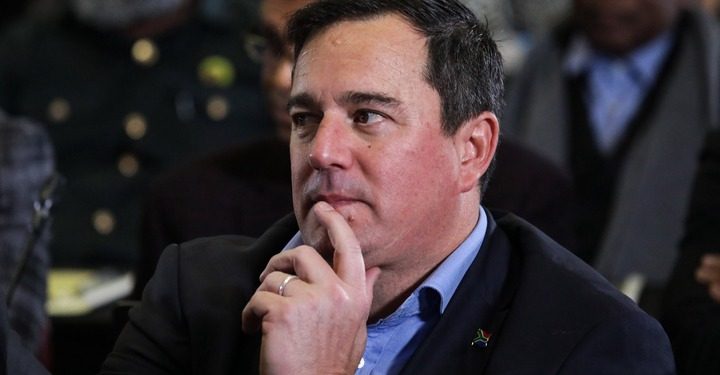DA leader John Steenhuisen has made headlines with a surprising offer to the Economic Freedom Fighters (EFF), igniting discussions about the state of South Africa’s political opposition. Steenhuisen, a former chief whip, has been outspoken about his dissatisfaction with the EFF’s performance in Parliament, criticizing their effectiveness as an opposition party. In a bold move, he extended an offer to meet with EFF members, hinting at his willingness to guide them on parliamentary procedures, implying they may not fully understand how Parliament functions.
His comments have prompted mixed reactions from political commentators and the public. Some view the offer as a sincere attempt to improve the functioning of Parliament, while others see it as a subtle critique of the EFF’s strategy and leadership. By drawing attention to what he perceives as the EFF’s shortcomings, Steenhuisen positions the DA as a more capable and effective opposition party, indirectly challenging the EFF’s influence in South African politics.
“I feel very sorry for the EFF, I feel very sorry for them and in fact I'm gonna make a very broad and generous offer today, because they really are a terrible opposition as a former chief whip in Parliament I'm gonna sit down with some of them and explain to them how Parliament… pic.twitter.com/bNDyvecAkW
— News Live SA (@newslivesa) October 11, 2024
This development raises broader questions about political engagement in the country. The interaction between opposition parties, such as the DA and the EFF, continues to shape the national debate, with each party seeking to distinguish itself while shaping public opinion. Steenhuisen’s remarks highlight the ongoing rivalry between the two parties, which hold starkly different ideologies and approaches to governance.
His offer to sit down with EFF members underscores the complex dynamics of South Africa’s opposition politics. While both parties aim to hold the government accountable, their competition often obstructs collaboration. Whether Steenhuisen’s gesture will lead to meaningful dialogue remains uncertain, but it has undoubtedly fueled conversations about political leadership and the role of opposition in Parliament.






















